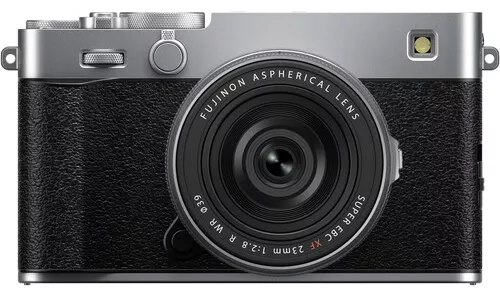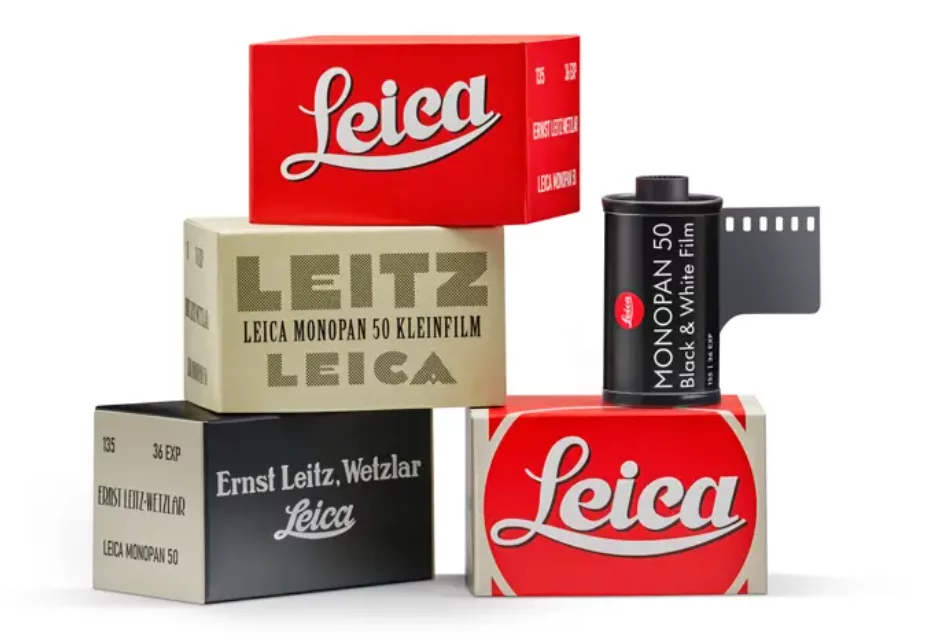As photographers who wish to improve our art, chances are we always looking for opportunities to practice our craft. The problem is, our practice sessions are not always very educational. While we may have the best intentions, without a little planning, we may not be getting everything we could be from our time spent behind the camera. Whether you're purely a hobbyist, an up and coming professional, or a seasoned expert, supplementing your craft with self assignments is a great way to augment your skills.
A self assignment is just as it sounds, an assignment created by you and assigned to yourself. Depending on your level of expertise and what style of photography you enjoy doing, the actual scope of the assignment will vary greatly. For example, a novice photographer will most likely have different goals than a full time professional.
Self Assignments For The Hobbyist Photographer
If you're just getting started in photography, you don't want to overdo it by asking too much of yourself right from the get go. Like anything, when you try rushing your education, you start cutting corners and missing things. At this stage of the game, it's critical that you take your time and understand the fundamentals as you are building the foundation for the rest of your career as a photographer.
For hobbyists or novice photographers, a self assignment should be about getting you to think critically about how you are going to go about taking a photograph. It should have you thinking about the workflow of your practice time. Give yourself a project that falls within the realm of your interests–food photography, fashion, portraiture, whatever it is that you enjoy photographing.
Do not use over complicated light setups, in fact, the goal here is to simplify things. Before you even begin taking photos. Make a note of the shots you want to get and precisely how you plan on getting them. Will you use reflectors? How will the model pose? What ISO should you be using, and so forth…Some find it helpful to make sketches, or storyboards, of the shots they have envisioned.
Try not deviate too much from the plan, but don't be afraid to experiment if you come up with an idea along the way. At the end of the shoot, compare the shots you created to the sketches you made beforehand and see how they compare. Chances are you will have run into some bumps throughout the process. Maybe you didn't notice how distracting the background was or how the angle of the sunlight cast unflattering shadows across your subject. Make a note of all the little discrepancies you notice and think about how they can be prevented or remedied in future shoots.
Self Assignments For The Serious Amateur Photographer
By now you're probably pretty comfortable using your camera off it's auto mode and perhaps even making all the decisions by opting to shoot on manual. You've got a solid grasp on the rudimentary elements of photography and are encouraged by how much all the hard work you've put in thus far is paying off with good images and positive feedback. Self assignments at this stage should be challenging and really force you to start stepping outside of your comfort zone.
You may want to try your hand at a style of photography you've never payed much attention to like miniature photography, or flower photography. Take yourself to the streets and only take photographs of things that have a specific shape–such as a circle or triangle. Do a photoshoot of a luxury car or try photographing a local musical event. Find something that interests you outside of photography and try interweaving it into assignment. But, whatever it is you choose, make sure you make it a challenge. Choose to work with complex light setups, shoot only at night, focus on fast moving objects to learn more about motion blur and panning.
Self Assignments For The Professional Photographer
One of the downfalls of being paid to complete an assignment is we sometimes lose a degree of creative control over what we are doing. Your clients may already have an idea of what they want and they are paying you to make that idea a reality. It doesn't always happen, but when it does it can be somewhat disheartening.
For someone who spends a higher than average number of hours taking photographs, a self assignment should be a project that is created as an effort to keep your creative self sharp and help keep your passion for photography kindled. Come up with a project that will break you away from your regular routine and give you the opportunity to “let your hair down.”
Becoming a better photographer is a never ending process. It's important to not burn yourself out on all the technicalities. Test yourself, but do not allow yourself to become frustrated if you don't see results immediately. Self assignments are just as much about having fun as they are learning.







2 Comments
i actually liked this comment, its very motivating for me as an advanced amateur who wants more, but did not know the way out of the box named “what next?” comfort zone is my creativity killer! thx tiffany
You’re very welcome!